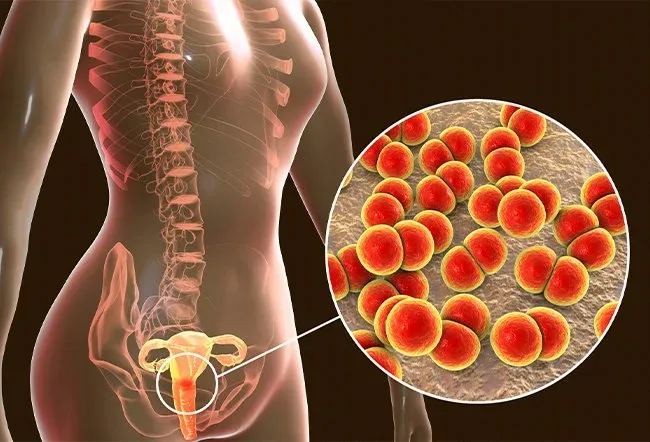Sexually Transmitted Diseases (STDs)

Sexually transmitted infections (STDs) are diseases that spread through body fluids. They are most often shared during vaginal, oral, or anal sex. However, some STDs can also be spread through infected blood. Drug users, pregnant women, and nursing mothers are among the most common carriers. Most STDs are not spread through casual contact, but young adults, teenage girls, and drug users are at the greatest risk for contracting them.
STI
A sexually transmitted disease (STD) is an infection that affects a person's health and normal bodily functions. The condition has specific signs and symptoms that alert the affected individual to a medical issue. Before, these infections were simply called STDs, but modern science has made them more widely known as STIs.
There are many treatment options for STIs, and some are curable. Treatment will depend on the specific type of STI. You should talk to your healthcare provider about the options available and what precautions to take. If you have recently been involved in sexual intercourse, you should discuss your risk for contracting an STI with your partner. This will help protect both of your health and the health of your partner.
Treatment for STIs depends on the type of infection and the location of infection. The most common type of treatment involves antibiotics, which are taken orally or injected into the bloodstream. For gonorrhea, chlamydia, and syphilis, antibiotics are commonly prescribed. In some cases, you may also need to take metronidazole or penicillin G.
STIs can cause long-term health problems. Some can damage the heart, kidney, or brain. They can also increase the risk of HIV infection. They may also cause infertility. Some of them may pass to the unborn child during pregnancy, leading to birth defects and even stillbirth. If you're concerned about catching an STI, visit a Sexual Health Clinic. These clinics offer free or low-cost services for testing and treatment of STIs. The clinics accept patients 12 years of age and up.
The CDC says nearly 20 million new cases of sexually transmitted diseases occur each year, with almost half of them being in people between 15 and 24 years of age. It is important to note that symptoms of an STI can be mild or even completely absent, which is why it's important to see a doctor as soon as possible.
There are many ways to get an STI diagnosis. A healthcare provider can examine the patient and ask questions about symptoms and sexual history. An honest answer to these questions will help minimize the risk of spreading the disease. They may also take a sample of fluid from the sore or a cell sample from the body.
STIs are caused by bacteria, viruses, and parasites. Trichomonasis is an example of a parasite causing an STD. Other types of STIs may be caused by viruses such as HPV and genital herpes. Once they're contracted, they can cause severe health problems and even death.
If you're planning on having an abortion, it is important to get tested for an STI before undergoing the procedure. Untreated STIs can cause infections and complications after the procedure, which can lead to infertility and pelvic inflammatory disease.




